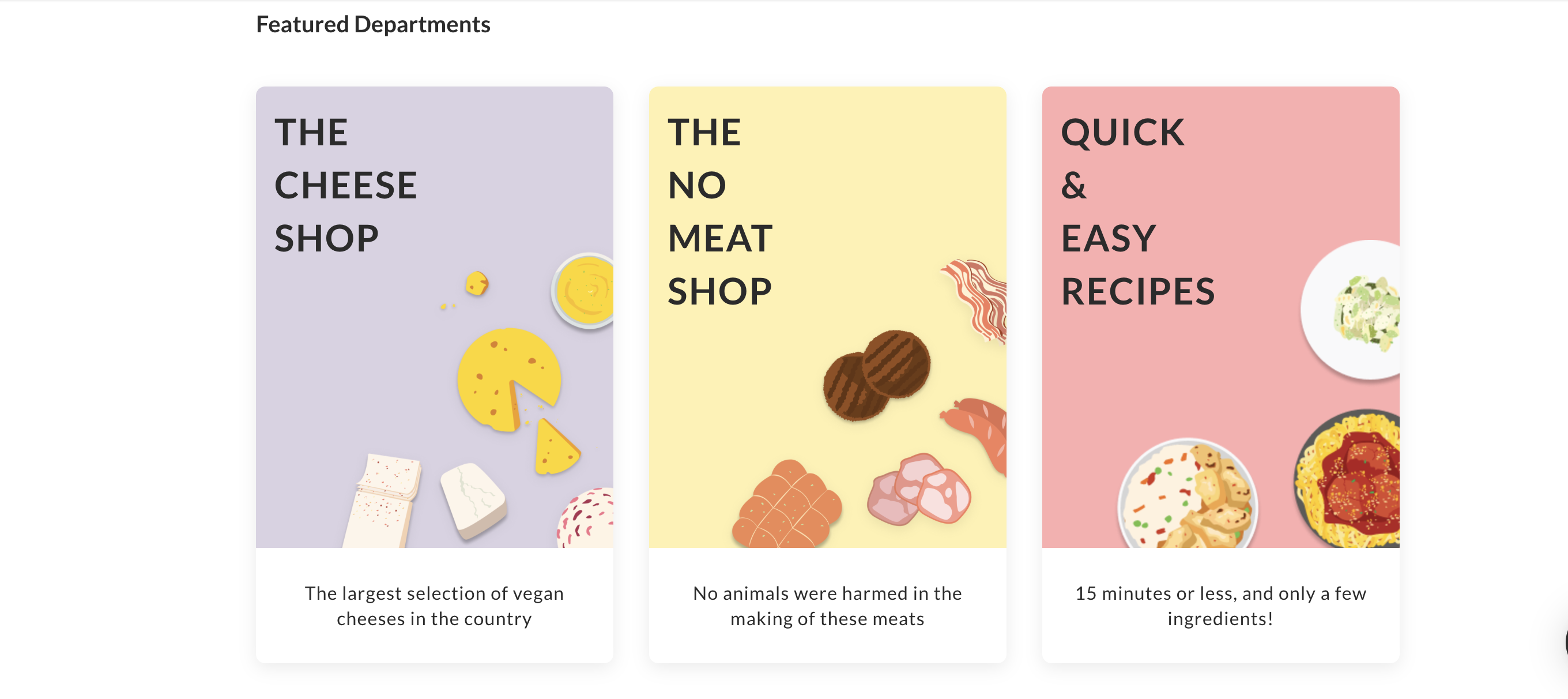Gaurav Maken, the chief executive officer of the online vegan grocery store Mylk Guys, doesn’t think of his company as a place to just buy food. For him, it’s a testing ground and platform for all of the new food products he expects to be developed as startup entrepreneurs and established food companies start tackling the plant-based and alternative-meat market in earnest.
The company has raised $2.5 million in support of that vision from investors, including Khosla Ventures, Pear Ventures and Fifty Years.
“Today we’re an online grocery store,” says Maken. “We are also a place for cultured meats and any genetically engineered food that allows us to scale our food production and allows us to keep feeding people.”

Maken isn’t wedded to plant-based products and envisions a virtual store stocked with products that create more sustainable consumption options for its customers. In fact, 40% of the company’s customers are not vegan, according to Maken.
“We don’t only think about vegans. We think about sustainable food systems,” says Maken. “Our audience is an educated consumer who wants to have less of an impact from their diet… They’re just folks trying to do better with their eating habits.”
Right now, the company sells around 1,300 products through its site. And the pitch that Maken makes to suppliers is that they can access the data around their customers (unlike other online retailers, whose name rhymes with shmamazon).
“We provide analytics and a way for brands to unlock the data coming from their customers,” Maken says. “Our focus is how can we get you a personalized staple that works for you.”
The company’s top sellers are vegan cheeses like Sparrow Camembert, lines of vegan jerkies and the Beyond Burger, Maken said.
“You can build brands that are successful that are $1 million brands or $5 million brands and the reason why you haven’t is because they haven’t had the platform to provide national distribution to be successful,” says Maken.
Mylk Guys launched in 2018 and went through the Y Combinator accelerator program. Now, with its new capital, the company is focusing on expanding its sales and marketing on the East Coast, opening a new warehouse for distribution and reaching out to the vegan community on the Eastern Seaboard.
The model for selling more sustainable foods directly to the consumer has at least one precedent. Los Angeles-based Thrive Market raised $111 million in a 2016 round of funding for its online sustainable product-focused grocery store.
As recent reports indicate, the sustainable food business is only growing. Citing reports from Ecovia Intelligence, the publication Environmental Leader reported that organic food sales topped $100 billion for the first time in 2018.